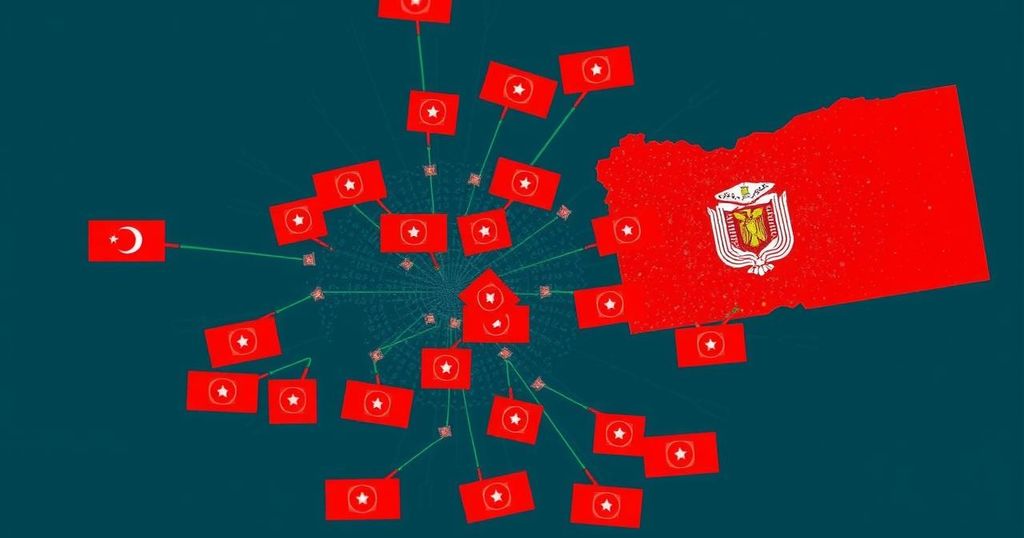This article discusses the abuse of INTERPOL’s Red Notices by member countries like Turkey and Egypt to target journalists. It outlines proposed reforms to combat this misuse, including stricter criteria for issuing notices, higher scrutiny for requests from abusive nations, and collaboration with media organizations. The necessity for increased transparency and accountability within INTERPOL is emphasized to protect journalistic integrity.
The misuse of INTERPOL’s Red Notices continues to pose a significant threat to journalists, particularly in countries such as Turkey and Egypt, where authorities frequently attempt to target media professionals for their coverage. INTERPOL has progressively recognized this issue, having successfully rejected some of these invalid requests. In light of these occurrences, it is vital to consider potential reforms that can strengthen INTERPOL’s processes. To mitigate the abuse of these notices, INTERPOL should develop stricter guidelines for issuing and assessing Red Notices to ensure they are not employed for political motivations or acts of retaliation against journalists. Furthermore, requests originating from nations with a history of misusing this system should undergo a more rigorous review process. Additionally, establishing a specialized unit within the Commission for the Control of INTERPOL’s Files (CCF) would provide essential support to victims of unwarranted Red Notices, offering them the guidance needed to rectify erroneous information. Partnerships with organizations dedicated to press freedom, such as the Committee to Protect Journalists, can further aid in scrutinizing requests for journalists. Enhancing transparency surrounding Red Notices, including the frequency of their abuse, will also contribute to accountability. To deter member states from continuing their abusive practices, INTERPOL could impose publicized repercussions, including restricting access to its databases for countries that knowingly exploit the system. Historical reforms within INTERPOL have led to positive changes, emphasizing the importance of ongoing efforts to preserve the integrity and efficacy of the organization.
The topic of INTERPOL’s Red Notices highlights a persistent issue within the organization, wherein certain member countries exploit the system to target journalists, often as a means to suppress dissent or punish those who criticize the government. Instances of this abuse have been documented, particularly in nations such as Turkey and Egypt. Such actions infringe on press freedom and create a chilling effect on journalistic integrity, as individuals may fear repercussions for their work. The article emphasizes the pressing need for INTERPOL to undertake reforms to prevent misuse and to protect the rights of journalists.
In conclusion, the misuse of INTERPOL’s Red Notices represents a serious challenge to journalistic freedom. As member countries like Turkey and Egypt continue to utilize these notices as tools for oppression, it becomes increasingly imperative for INTERPOL to implement stringent reforms. By adopting clearer guidelines, enhancing scrutiny of requests from historically abusive countries, and fostering partnerships with press freedom organizations, INTERPOL can work towards shielding journalists from unjust persecution. Consistent vigilance and reform are essential to maintain the integrity of the organization and ensure that the rights of media professionals are upheld.
Original Source: www.jdsupra.com






